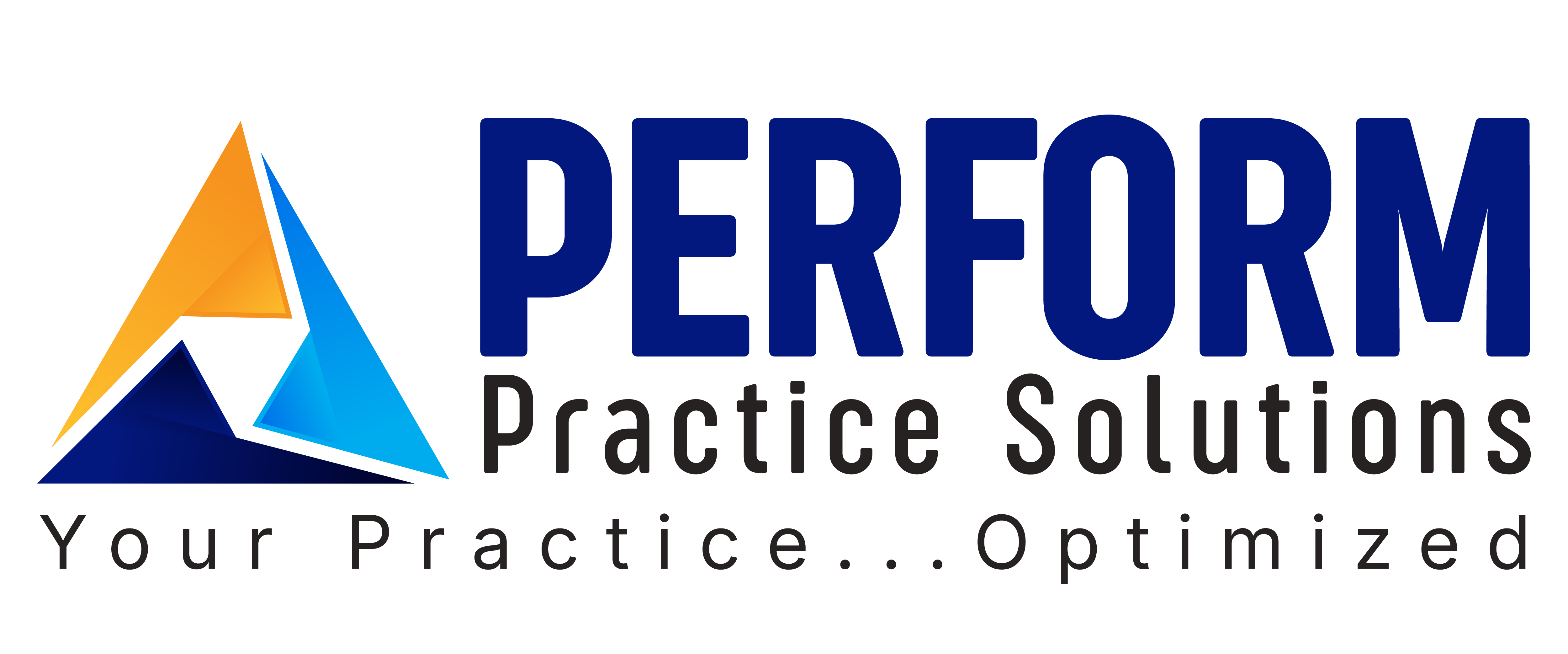Delegating is important because you can’t—and shouldn’t—do everything yourself. Delegating empowers your team, builds trust, and assists with professional development. And for leaders, it helps you learn how to identify who is best suited to tackle tasks or projects. Learn below why delegating is essential to scaling your business. If you need a consultation on how you can better orchestrate your staff for maximum effectiveness, we are here.
Let me ask you a question: If you left your company for six months, what would happen to it? Would it fold in your absence? Would it become a complete mess? Would it stay the same? Or, would it grow and improve while you were gone?
I imagine that most businesses would struggle (or at the very least, remain the same) if the leader left for six months, especially in the face of any period where there is a bad economy. Why? Many leaders don’t delegate properly.
The Struggle Is Real
“Sure,” you might be saying to yourself, “I know that delegating is important. But it’s not easy!” I run more than one company myself, so I get it. Often, it feels like trying to explain how you want something done to somebody else takes more time and effort than just doing the job yourself.
On top of that, it can be hard to relinquish control because, many times, other people don’t do the job the same way you would. Perhaps they also don’t achieve the same results. That’s why many leaders end up saying to themselves, “I know this task will take up valuable time, but I better just sit down and do it myself.”
Sound familiar?
When it comes to delegating, the struggle is real. But that doesn’t change the fact that the only way to achieve the growth and success you want is to delegate. To do that successfully, you must start by shifting your mindset.
Done Is Better Than Perfect
The biggest obstacle to delegating—and it’s one that I’ve observed most founders and business leaders struggle with—is wanting 100% perfection on every single task. To overcome this, you must keep in mind that 70% of 100 is better than 100% of zero.
I am not saying that there’s anything wrong with wanting something to be perfect. In my own companies, I, too, expect perfection. But, on the way to 100% perfection, you should sometimes be willing to accept 70%. Barring any other alternative, you might even accept 30%. After all, even 30% of 100 is much better than 100% of zero.
There’s a caveat to this, of course. I suggest only applying this rule to things that are time-sensitive, important and do not compromise the quality you provide to your consumers. If a task can wait or it isn’t important, then you can wait for perfection.
Bottom line: If something needs to be done now and it will move the needle forward on your company’s growth and success, be OK with getting less than perfect. The big point here is that you can accept less than 100% perfection because you can improve the process after it starts.
Ensure Proper Resource Allocation
In my book, Exit Mindset, I frequently teach about the importance of infrastructure. A big part of infrastructure is delegating successfully to ensure proper resource allocation. This is important because when you have a poorly constructed infrastructure, you constantly encounter a host of problems that require your direct attention.
When you have a chaotic infrastructure and your resources aren’t properly allocated, you take on the high stress and long hours needed to fix things and move ahead. Instead of being the business leader, you’re the problem fixer for every little thing that goes wrong. That leaves no time for strategy. Worse, you can become so overwhelmed that you can’t even see you’re no longer in charge of the company—the company is in charge of you.
With the right resources and infrastructure, though, your situation can dramatically improve. You can delegate, which means you have time to focus on important things throughout the day. You settle into your office and it’s quiet enough for you to focus on strategy.
That’s not to say you won’t have to fix major issues from time to time, but problem-solving is no longer the day-to-day and minute-by-minute function you perform. Now you’re the leader. You’re the strategist. And most problems are being fixed by others in the company.
That frees you up to study, research and investigate your business, industry and market. It allows you to identify risks, challenges and opportunities. You can define the next destination and direct the company on a path to get there. This will pay off with profits—tangible proof that you’re doing it right.
Keep On Moving
With the right mindset and infrastructure, you can delegate successfully. Yes, it’s rare that the task will be done to perfection, but that’s OK. In my own companies, I have delegated many things—both to people and other businesses—I knew wouldn’t necessarily be completed to my personal standards.
But you know what? I also knew if I didn’t delegate those tasks and instead took them on myself, I would be wasting time or the task wouldn’t get done at all. So, I reminded myself that 70% of 100 is better than 100% of zero, and then I pulled the trigger. In those instances, I also initiated a process to improve future outcomes, and I worked to address any resource gaps.
Ultimately, as long as it doesn’t reduce the quality of the deliverable, then I believe not getting 100% from people is OK. In other words, if I can find a solution that improves my process by 70% rather than 100%, and there is no quality degradation in the client or customer deliverable, then it is an acceptable move.
Over and over, I have found that this approach leads to success. When you learn to delegate and manage your expectations and your organization’s resources properly, you and your business can get ahead of the game. And, if you’re ever asked what would happen if you left your company for six months, you would be able to confidently answer, “It will continue to grow, scale and thrive in my absence.”
Our team of experts doesn’t just know the business. We know physical therapy. We specialize in physical therapy billing solutions, virtual staffing, & physical therapy marketing services. Let’s talk! We offer a complimentary consultation at (833) 764-0178. You can also visit our Facebook page.





